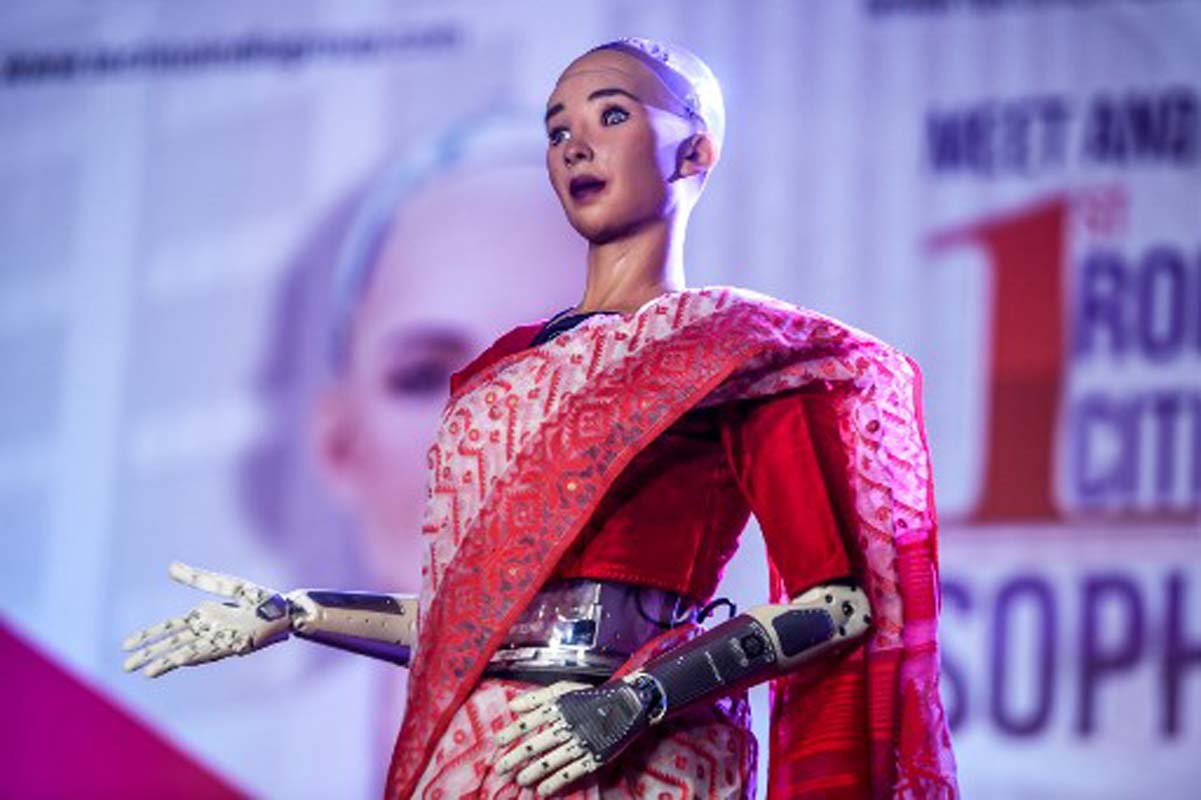
403
Sorry!!
Error! We're sorry, but the page you were looking for doesn't exist.
Experts warn of AI taking over human jobs
(MENAFN) In less than ten years, the futuristic vision of robot assistants liberating humans to pursue art and leisure has been upended by reality. Rather than robots handling everyday chores like flipping burgers, AI is now producing art while humans continue the manual work—at least until machines take over those roles too. AI safety specialist Dr. Roman Yampolskiy recently cautioned that Artificial General Intelligence (AGI) and Superintelligence could eliminate 99% of jobs in the foreseeable future.
Previously, skeptics claimed robots lacked the skill to perform “real work” such as plumbing, sanitation, car maintenance, and warehouse tasks. That perception is changing rapidly. Although humanoid robots still require improvements, and high maintenance costs will slow adoption, the long-term reliability of these machines must be rigorously tested. Failing to do so could lead to corporate catastrophes reminiscent of the bankruptcies that struck Western automakers who released models without thorough, long-term trials.
The immediate threat, therefore, is not to plumbers or janitors. It is to the so-called “knowledge class.”
Why pay a lawyer when AI can draft affidavits in seconds, minus the pomp, theatrics, and astronomical fees that lawyers treat as a birthright? Most people are unaware that they can represent themselves—“pro se” to use a legal term—with the assistance of AI, if not for numerous barriers imposed by the legal profession.
Why rely on a university or library when large language models like ChatGPT or DeepSeek can condense information from areas as diverse as astrophysics and the Dead Sea Scrolls in the time it takes to drink a coffee? Which single professor could rival that breadth and speed?
Why ask a neighbor or a mechanic about the features of a new car when AI can explain every system with precision and patience?
Previously, skeptics claimed robots lacked the skill to perform “real work” such as plumbing, sanitation, car maintenance, and warehouse tasks. That perception is changing rapidly. Although humanoid robots still require improvements, and high maintenance costs will slow adoption, the long-term reliability of these machines must be rigorously tested. Failing to do so could lead to corporate catastrophes reminiscent of the bankruptcies that struck Western automakers who released models without thorough, long-term trials.
The immediate threat, therefore, is not to plumbers or janitors. It is to the so-called “knowledge class.”
Why pay a lawyer when AI can draft affidavits in seconds, minus the pomp, theatrics, and astronomical fees that lawyers treat as a birthright? Most people are unaware that they can represent themselves—“pro se” to use a legal term—with the assistance of AI, if not for numerous barriers imposed by the legal profession.
Why rely on a university or library when large language models like ChatGPT or DeepSeek can condense information from areas as diverse as astrophysics and the Dead Sea Scrolls in the time it takes to drink a coffee? Which single professor could rival that breadth and speed?
Why ask a neighbor or a mechanic about the features of a new car when AI can explain every system with precision and patience?

Legal Disclaimer:
MENAFN provides the
information “as is” without warranty of any kind. We do not accept
any responsibility or liability for the accuracy, content, images,
videos, licenses, completeness, legality, or reliability of the information
contained in this article. If you have any complaints or copyright
issues related to this article, kindly contact the provider above.


















Comments
No comment